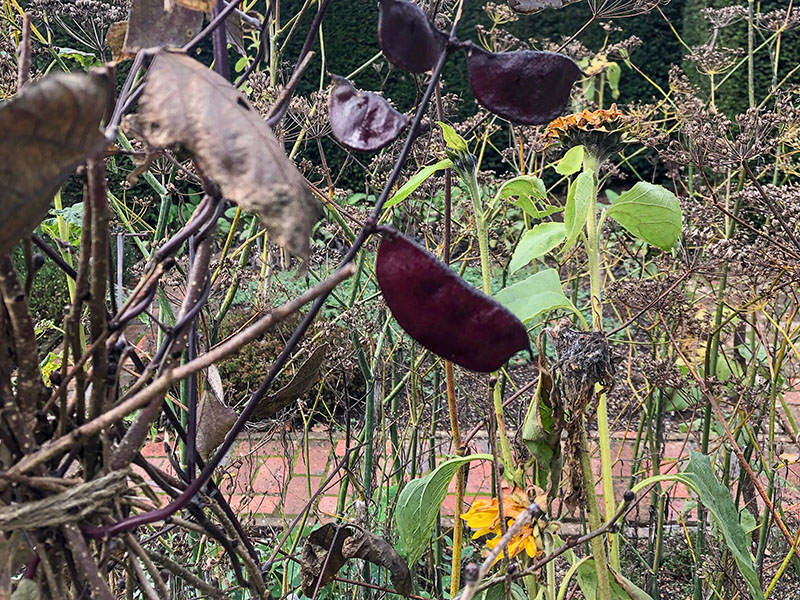| General Description | A fast-growing, short-lived climber that is grown for its edible pods and seeds. |
| Landscape | Cultivated as a vegetable, but also has great value as an ornamental plant. |
| Propagation | Propagate by seed in early spring. |
| Cultivation | Prefers a well-drained soil with a high organic content and a pH of 5.5-6.0. A stake or other support is recommended. Harvest 70-120 days after sowing, storing in a cool area at 90% humidity, or preserve by salting. |
| Notable Specimens | Royal Botanical Gardens, Burlington, Ontario, Canada. |
| Bark/Stem Description | Stems are usually twining. |
| Leaf Description | Leaves are trifoliate, with leaflets growing to 15 x 15 cm. |
| Flower Description | Inflorescence to 40 cm, with white or purple flowers in clusters of 5. |
| Fruit Description | Fruit is sweet, growing to 15 x 5 cm, with 3-6 rounded, slightly flattened seeds. |
